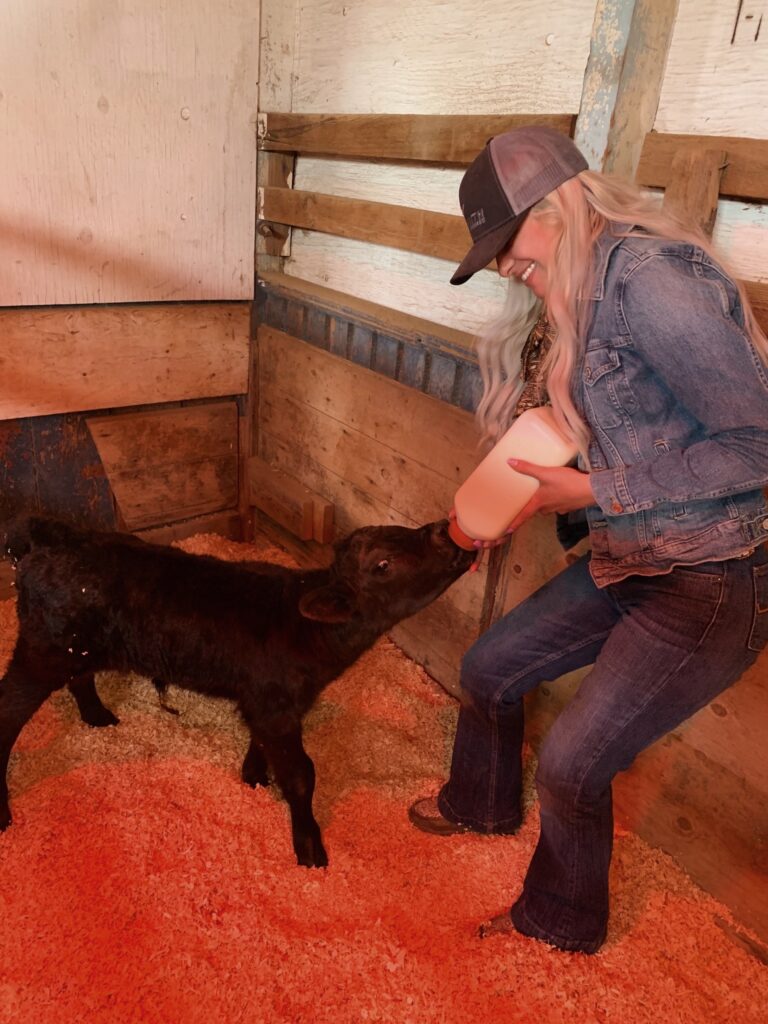A Certified Veterinary Technician (CVT) is a graduate from an American Veterinary Medical Association (AVMA) accredited veterinary technology program who has passed the Veterinary Technician National Exam (VTNE) and is registered with their state’s credentialing entity and maintains their certification renewal and annually required twenty hours of continuing education requirements throughout their career.
CVTs are veterinary professionals that apply their medical knowledge and clinical skills to provide routine, emergency, and specialized care for a variety of animals, all while under the direct supervision of a veterinarian.
During their course of study to become licensed, they study a wide variety of animal species and acquire over five-hundred foundational skills essential to practice. In addition to these clinical skills, technicians must take core classes in basic studies such as composition, psychology, public speaking, office procedures & client relations, as well as foundational science classes such as mathematics for clinical calculations, biology, veterinary medical terminology, anatomy & physiology, clinical laboratory procedures, animal handling and treatment, surgical nursing, anesthesiology, pharmacology, diagnostic imaging, diagnostic microbiology, animal nutrition, dentistry, small and large animal nursing, and critical care to name just a few. Additionally technician students are required to complete several clinical rotations and internships over the course of their study.
Some CVTs decide to continue their education after becoming licensed to become a Veterinary Technician Specialist. Specialists choose to dive deep into a specific field of veterinary medicine by obtaining an additional 3-5 years of experience in the field of their choice with a minimum of 40 cases as well as additional training/skills before they apply for their specialist certification.

